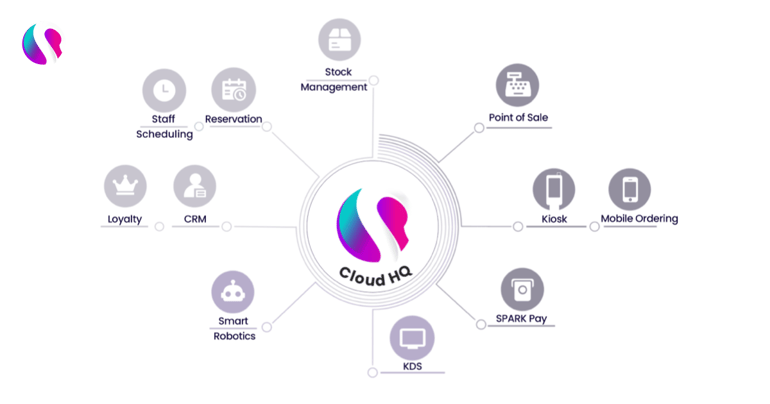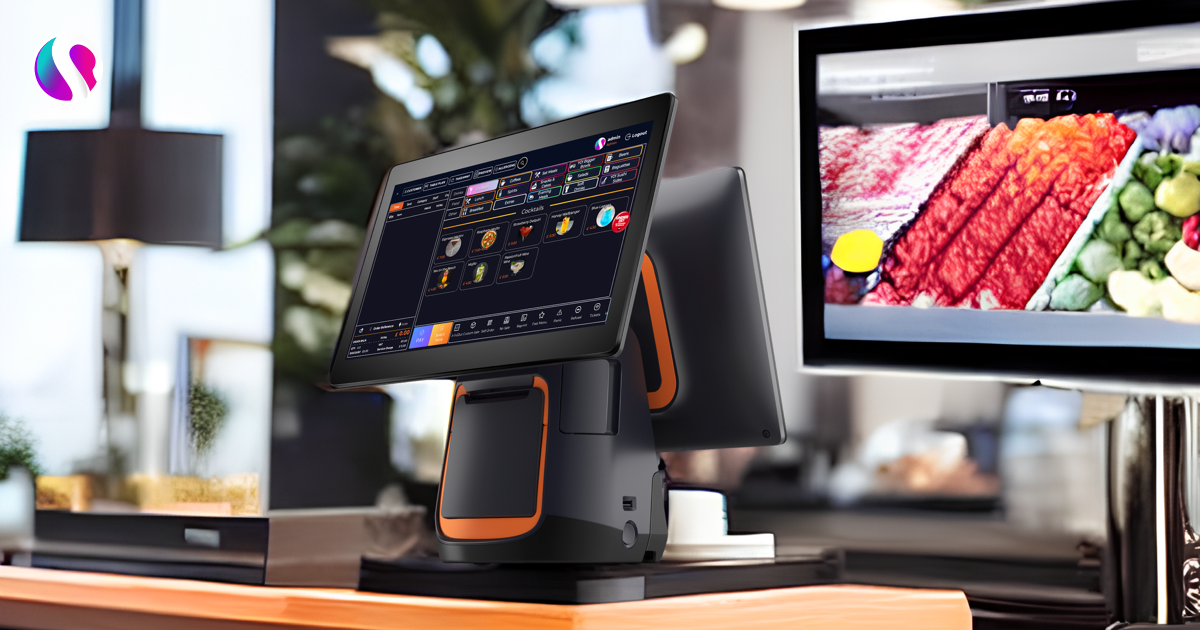When your business outgrows its existing technology, it can be both exciting and challenging. To help your business grow and succeed, it's important to equip it with the right tools, especially when it comes to EPoS systems. A subpar POS system can negatively impact your business operations and success. If your current POS system is struggling to meet your demands and requirements, it might be time to consider switching to a new one. In this article, we've identified some key signs that indicate it's time for a POS system upgrade.
When Should You Switch Your System?
Determining whether it's time to switch your POS system can be tricky as there's a fine line between tolerable system quirks and issues that hinder business growth. If you're unsure which side of the line you're on, here's a list of criteria to help you decide if it's time to switch your POS system.
Your System is Complicated
If your current system makes everyday tasks a complete headache, then you’re slowing down service and making life a lot harder for your staff. While some training is expected with any POS system, a good one should be intuitive enough for staff to perform basic tasks without encountering major difficulties.
Too Slow
Providing speedy service is crucial for ensuring a positive customer experience. If your POS system starts lagging during busy times, it can lead to unhappy customers. If you're experiencing speed issues with your current POS system, it's time to consider switching to a more capable system that can keep up with the pace of your restaurant. An effective POS system should be able to swiftly process orders, payments, and other tasks even during peak hours.
Too Expensive
In the restaurant industry, budgets are often tight, and your POS system should not be eating into your profits. Look for an EPoS provider that can offer competitive pricing customised to your business needs. With SPARK EPoS, you can select a personalised plan that fits your specific requirements and budget.
Lack of Scalability
If you decide to increase your store size, product range or services, your EPoS system should be able to support this. Many modern EPOS systems are designed to scale your business. Whether you need additional tills for an expanded store or want to add new services like a deli, or mobile service, your system should be able to assist you in managing your expansion. If your current system can't keep up with your growth plans, it's time to consider switching to a more flexible EPOS system.

How to Switch Your EPoS?
Implementing a new system can be a daunting task, but following a clear plan can make the process much smoother. Once you've made the decision to switch to a new system, it's important to have a clear understanding of what needs to be done in order to successfully implement the new system, here is a general list of steps to follow to go through with implementing a new system.
Evaluating Your Needs
It is crucial to evaluate your business's specific needs when preparing to buy a new EPoS system. By evaluating your needs, you can identify the features and functionality that are essential for your business and find a system that meets those requirements. Taking the time to evaluate your needs and compare different EPoS systems will help you make an informed decision and choose a system that is the right fit for your business.
Ask for Demos and Training
No matter what you are purchasing, it is always a good idea to take advantage of the opportunity to try before you buy. When considering an EPOS system, make sure to request a full demo of the system so that you can see its features and get a better idea of what it looks like. During the demo, be sure to test all the features and functionalities that are important to your business, such as inventory management, reporting, and payment processing. This will help you make an informed decision about whether the EPOS system is the right fit for your business.
Onboarding
When switching to a new EPOS provider, transferring your existing information may not be a simple task. When searching for a new provider, make sure to inquire about the services they offer to facilitate the transition. Are they able to provide free onboarding or is there an additional fee? Will they provide training if you decide to onboard yourself? Seeking professional assistance during onboarding can make the process of transitioning to a new EPOS system much smoother.
Switching POS providers can be intimidating, but it is a decision that can benefit your business in numerous ways. Upgrading to a new EPoS system can help you streamline operations, reduce errors, and improve customer service. The latest technology offers advanced features like real-time inventory tracking, integrated payment processing, and customer relationship management tools that can give your business a competitive edge. While change can be difficult, staying with an outdated POS system can cost you time and money in the long run. By making the leap to a new provider, you'll save yourself countless headaches and position your business for success. Don't let fear hold you back from embracing the latest technology and enhancing your operations.



